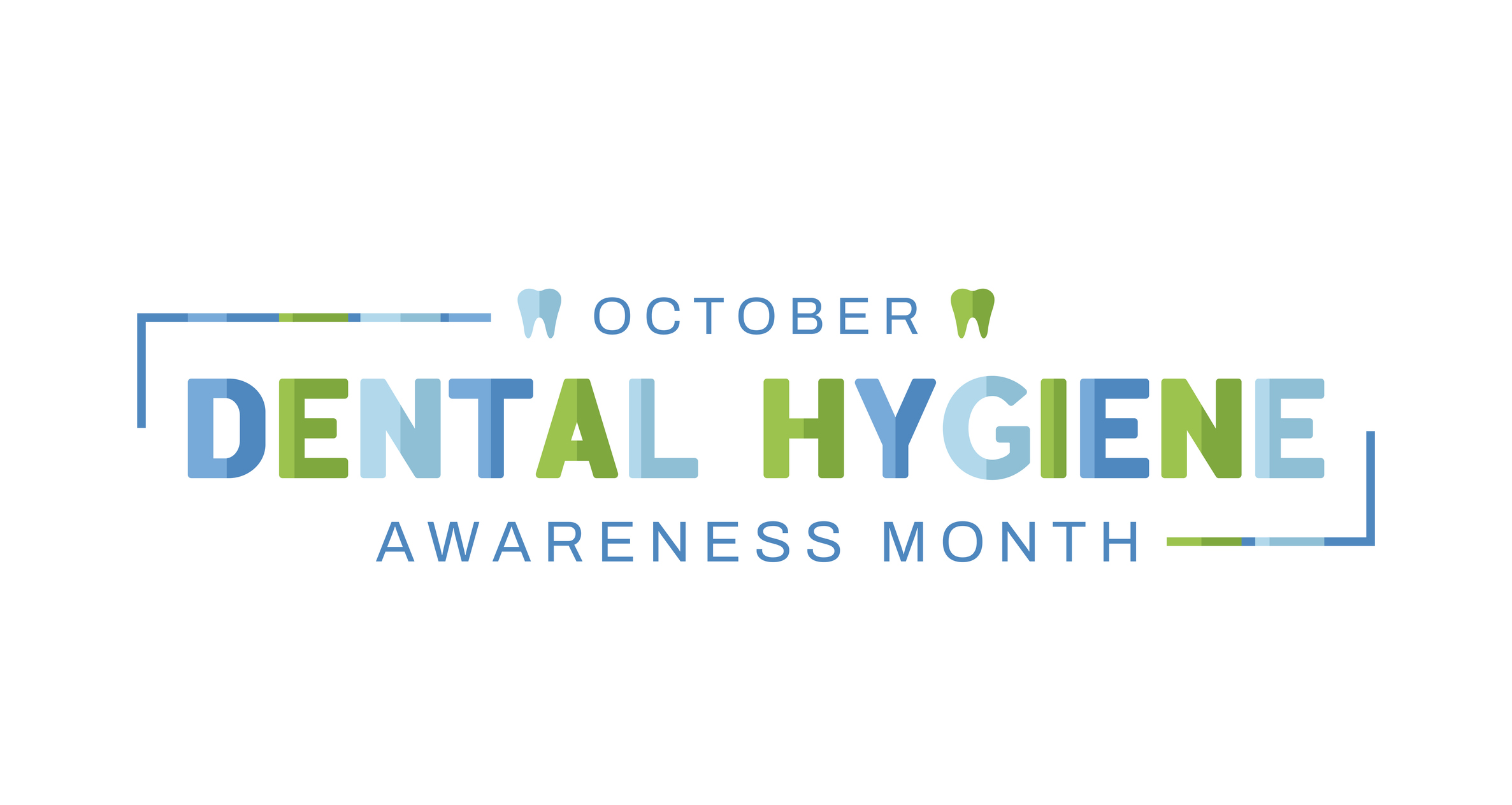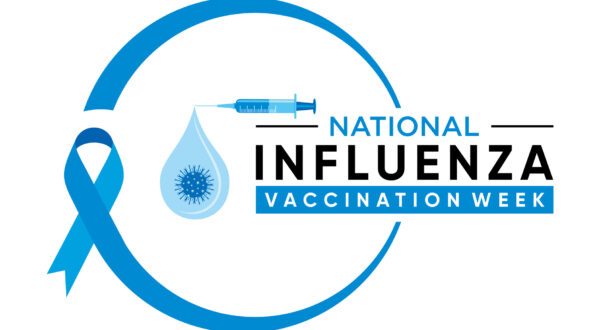Keep Your Mouth and Teeth Healthy
Categories

October is Dental Hygiene Awareness Month, although I think every month should be. The health of your mouth and teeth is so important and is something you should take care of every day. Good oral health is also linked to your overall health, so keeping your mouth and teeth healthy can keep you healthy in general!
Brushing and flossing
The Mayo Clinic recommends brushing your teeth twice a day for two minutes and cleaning between your teeth daily. Make sure to use a soft brush (instead of medium, for example) and a fluoride toothpaste. To clean between your teeth, you can use floss, a water flosser (like a Waterpik), or other flosser tools. You should also brush your tongue as part of your brushing routine. I like to brush my teeth and tongue, then floss or use my Waterpik, and finish my routine by rinsing with mouthwash.
Make sure to replace your toothbrush (or brush heads, if you use an electric toothbrush like me) every three to four months, or sooner if the bristles get worn out. I also like to replace my brush heads and Waterpik tips after I get over a cold, just in case.
Other ways to keep your mouth healthy
There are other ways to keep your mouth healthy:
- Avoiding tobacco. Using products that burn tobacco, like cigarettes, vape pens, or hookahs, can increase your risk of oral cancers. Smoking can also cause a serious gum infection called periodontitis. Smoking can also stain your teeth and lead to tooth decay. If you smoke or vape, quit, and if you don’t, don’t start!
- Eating a healthy diet. Drink less alcohol, limit sugary foods and drinks, and drink plenty of water (preferably fluoridated tap water). Too much sugar in your diet can lead to weaker tooth enamel, cavities, and even tooth loss.
- Seeing your dentist at least once a year for an exam and cleaning. This is a general recommendation; if you’re more likely to get cavities, gum disease, or have any other oral health problems, your dentist may suggest that you come in more often.
- Preventing dry mouth. Your spit (saliva) can keep germs from spreading and causing disease throughout the rest of your body. If your mouth is constantly dry, it won’t make as much saliva, which can be bad for your oral and overall health. Drink plenty of water, chew sugarless gum, don’t smoke or use tobacco, and avoid alcohol. If you’re on medication that makes your mouth too dry, ask your doctor for a different medication.
Resources
Oral hygiene best practices – Cleveland Clinic


